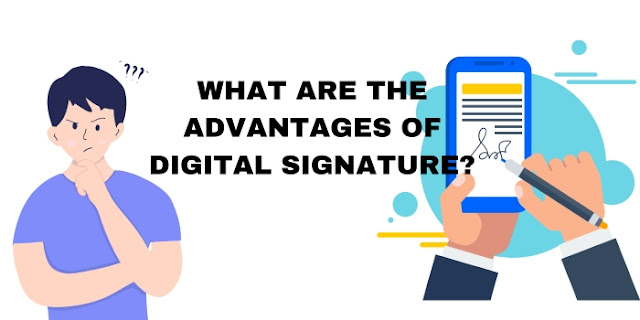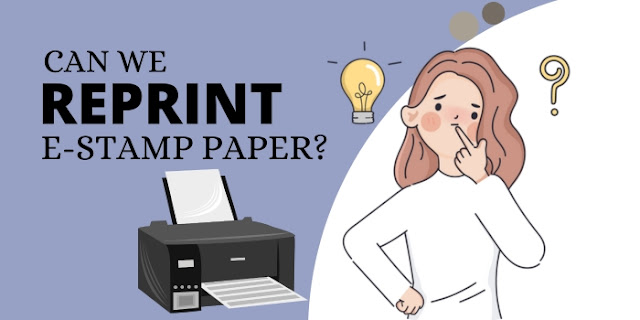What Are The Advantages Of Digital Signature?
In the contemporary landscape of rapid technological evolution, the adoption of digital signatures has become a cornerstone for businesses aiming to streamline their operations and enhance security. In this blog, we will delve into the myriad advantages that digital signatures bring to the table.
Enhanced Security and Authentication:
Digital signatures offer a robust layer of security, ensuring the authenticity of documents. Utilizing cryptographic algorithms, they verify the identity of the signer and guarantee that the content has not been tampered with. This feature is particularly crucial in sensitive transactions and legal agreements, mitigating the risks associated with fraud and unauthorized alterations.
Time and Cost Efficiency:
Bid farewell to the era of printing, scanning, and mailing physical documents. Digital signatures accelerate the signing process, enabling swift and efficient transactions. The reduction in paper usage not only contributes to environmental sustainability but also translates to significant cost savings in terms of printing, postage, and storage.
Global Accessibility:
In a world interconnected by the internet, geographical barriers should not impede business operations. Digital signatures facilitate the signing of documents from anywhere, at any time. This feature is particularly beneficial for organizations with a global footprint, as it eliminates the need for physical presence, expediting decision-making processes.
Legally Binding:
Contrary to misconceptions, digital signatures hold the same legal weight as traditional handwritten signatures in many jurisdictions. Regulatory frameworks, such as the Electronic Signatures in Global and National Commerce Act (ESIGN) in the United States and the eIDAS Regulation in the European Union, recognize the validity of digital signatures, ensuring their legal enforceability.
Effortless Document Tracking:
Traditional signatures often leave businesses grappling with the challenge of tracking document status. Digital signatures come equipped with tracking and audit trail features, providing real-time insights into the signing process. This not only enhances accountability but also simplifies compliance and auditing procedures.
Improved Customer Experience:
Simplifying the signing process is not just advantageous for businesses; it also contributes to an enhanced customer experience. Digital signatures empower customers to complete transactions seamlessly and expeditiously, fostering satisfaction and loyalty.
Reduced Risk of Errors:
Human errors in manual document processes can lead to costly consequences. Digital signatures significantly minimize the risk of errors by automating the signing process. With predefined fields and validation checks, the likelihood of incomplete or inaccurate information is drastically reduced.
Integration with Existing Systems:
Digital signature solutions seamlessly integrate with various existing systems and workflows. Whether it's Customer Relationship Management (CRM) tools, Enterprise Resource Planning (ERP) systems, or document management platforms, the adaptability of digital signatures ensures a smooth integration without disrupting established processes.
Enhanced Compliance:
Industries subject to stringent regulatory requirements, such as finance and healthcare, benefit from the enhanced compliance provided by digital signatures. The cryptographic evidence embedded in digital signatures satisfies regulatory demands, ensuring that businesses adhere to industry standards and legal obligations.
Sustainable Practices:
Going green is not just a trend—it's a responsibility. Embracing digital signatures aligns with sustainability goals by reducing the reliance on paper. Organizations can proudly contribute to environmental conservation efforts while enjoying the operational benefits of a paperless workflow.
Conclusion
The advantages of digital signatures extend far beyond mere convenience. They empower businesses to operate more securely, efficiently, and sustainably in a digital age. As the world continues its digital transformation journey, embracing digital signatures is not just an option but a strategic imperative for organizations seeking to thrive in the modern business landscape.



